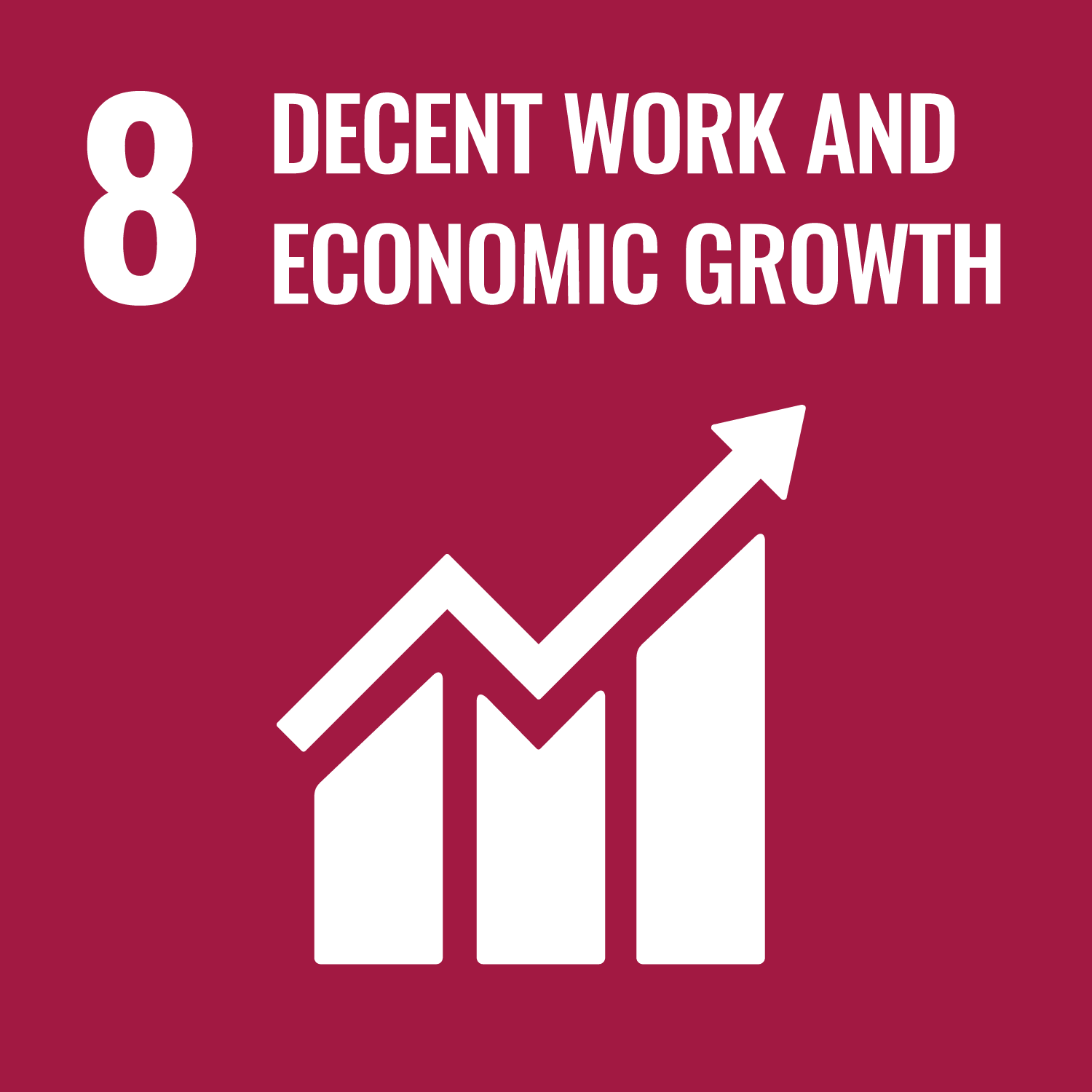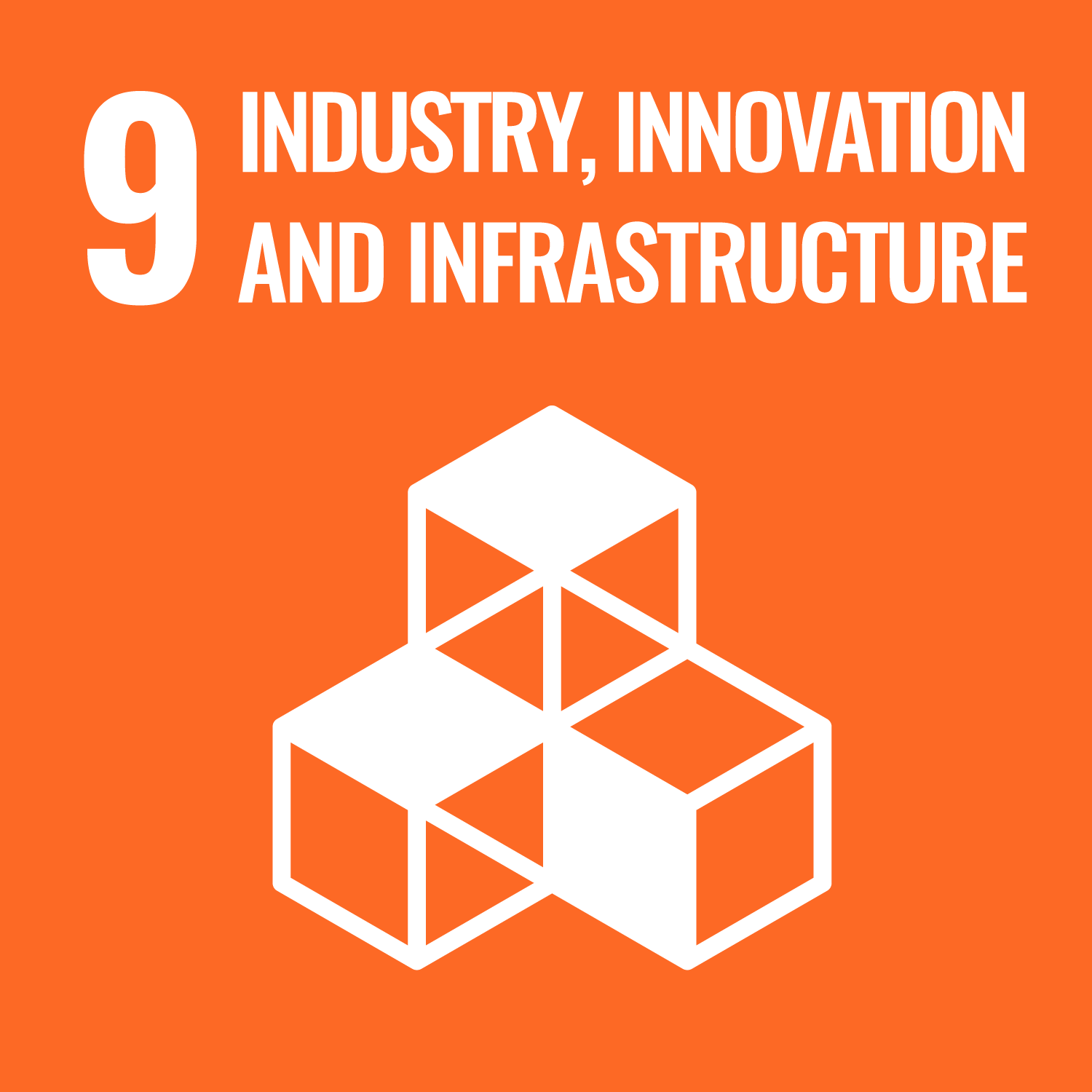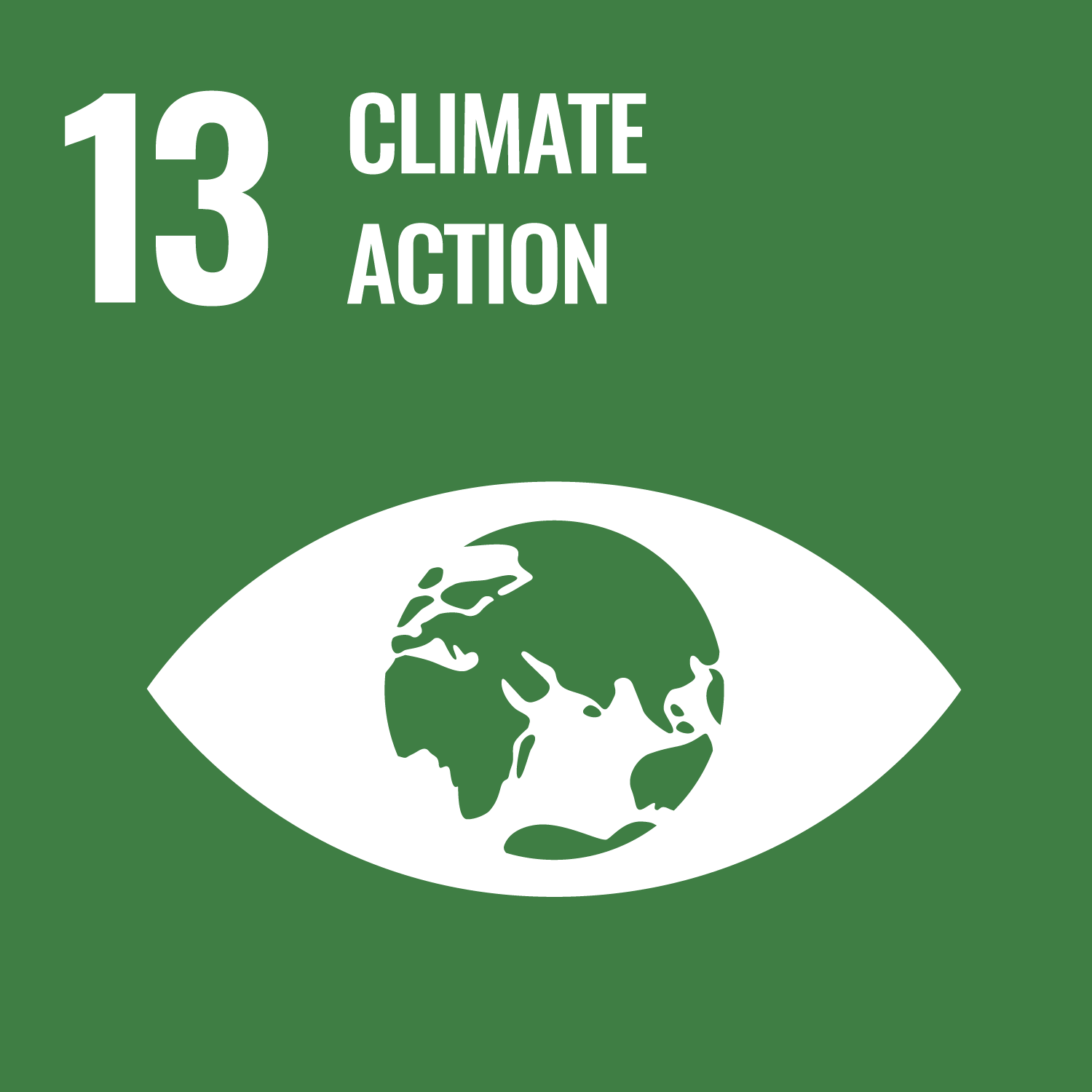Technical Support Assignment
>
North Macedonia
Context and goal
Chapter 8 Competition policy of the EU acquis is of essential importance for the functioning of a free market economy. Free competition stimulates economic performance and serves to offer consumers a broader choice of better-quality products and services at more competitive prices. It improves economic efficiency, ultimately increasing social prosperity.
On 10 May 2022, the EU adopted the ‘Vertical Block Exemption Regulation’ (VBER), which aims to help businesses assess the compatibility of their supply and distribution agreements with EU competition rules in a business environment reshaped by the growth of e-commerce and online sales. The VBER exempts from the prohibition agreements between companies that are active at different levels of the production or distribution chain, subject to conditions. UNOPS assisted the Government of North Macedonia in drafting a new Regulation on block exemption of certain categories of vertical agreements and concerted practices and relevant compliance tables aligned with the EU acquis.
Actions
The UNOPS expert conducted wide consultations with relevant stakeholders, including the Competition Commission, in order to support the preparation of the draft Regulation on block exemption of certain categories of vertical agreements and concerted practices, as well as Table of Concordance demonstrating the level of alignment with the EU acquis. Two round tables were organized to obtain feedback on the proposed content from competent public institutions and regulatory bodies, as well as business actors. The proposed new Regulation is accompanied by seven Compliance Tables, each providing the level of alignment of each provision with the EU VBER.
The draft Regulation covers (1) vertical agreements for the purchase or sale of goods or services, when those agreements are concluded between non-competing enterprises, between certain competitors or by certain associations of goods sellers; (2) vertical agreements containing ancillary provisions for the grant or use of intellectual property rights; and (3) the term “vertical agreement” which includes the relevant concerted practices. It will apply to vertical agreements that pursue sustainability objectives, provided that they meet the conditions of this Regulation. The proposed Regulation takes into account the presumption that contracts between suppliers and buyers can qualify, where the parties to the agreement do not exceed the general market share threshold of 30% of their relevant market.
The proposed new Regulation retains the structure and substance of the former Regulation, which provides for legal certainty. Certain rules have been clarified and readjusted, in particular with regard to the distinction of exclusive, selective and free distribution. In this respect, the new rules aim at providing simpler, clearer and more up-to-date rules and guidance that can help businesses self-assess the compliance of their vertical agreements with Article 7 of the law in a business environment reshaped by the growth of online sales and by new market players such as online platforms.
Results
The new Regulation will provide companies with up-to-date guidance that is relevant in today’s digital economy and establish important rules that will help all types of businesses – including small and medium-sized enterprises – to evaluate vertical agreements in their daily businesses. The agreements included in the draft Regulation aim to improve economic efficiency within a chain of production or distribution by facilitating better coordination between the participating undertakings. Thus, it supports the economy of North Macedonia, ultimately supporting its participation in the single European market.
The new Regulation is also expected to advance national and EU targets regarding sustainable use of resources and climate change. Enterprises are free to consider qualitative sustainability criteria in selecting suppliers or distributors, such as climate change, environment protection or limiting the use of natural resources – thus benefiting the population at large.
Quotes
“The drafting of the new Regulation on block exemption of certain categories of vertical agreements and concerted practices was made in accordance with legislative techniques. It has taken into consideration the level of approximation of the competition legislation in the Republic of North Macedonia with the EU acquis in the field of competition, as well as the need to transpose the new ‘Vertical Block Exemption Regulation’ (VBER) into the national legislation, influenced by the presence of a digital economy. The introduction of this new Regulation in domestic competition legislation aims to establish important rules that will help all types of businesses, even in a small economy such as that of North Macedonia, to evaluate their vertical agreements in their daily business.” – UNOPS Senior Advisor on EU negotiations – Chapter 8 Competition Policy
SDGs contribution
The assignment supports SDG 13: Climate Action by promoting efficient supply and distribution agreements between enterprises, also considering sustainability criteria.
In addition, it is of high relevance to SDG 8: Decent Work and Economic Growth, as aligning these regulations promotes fair competition and encourages an open and fair market environment. This fosters economic growth and increases opportunities for businesses to compete and thrive in a regulated manner.
Finally, it contributes towards the achievement of SDG 9: Industry, Innovation, and Infrastructure, supporting innovation and the development of industries by fostering fair practices. It encourages investment and development within compliant frameworks, benefiting industrial growth and innovation.


